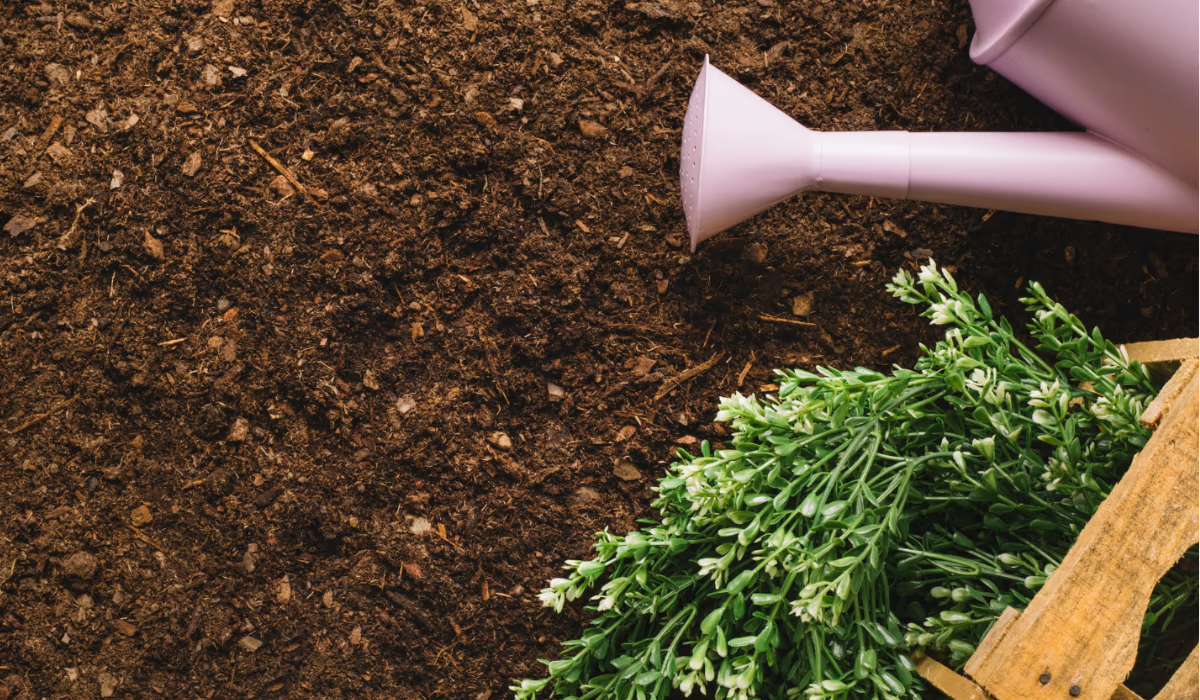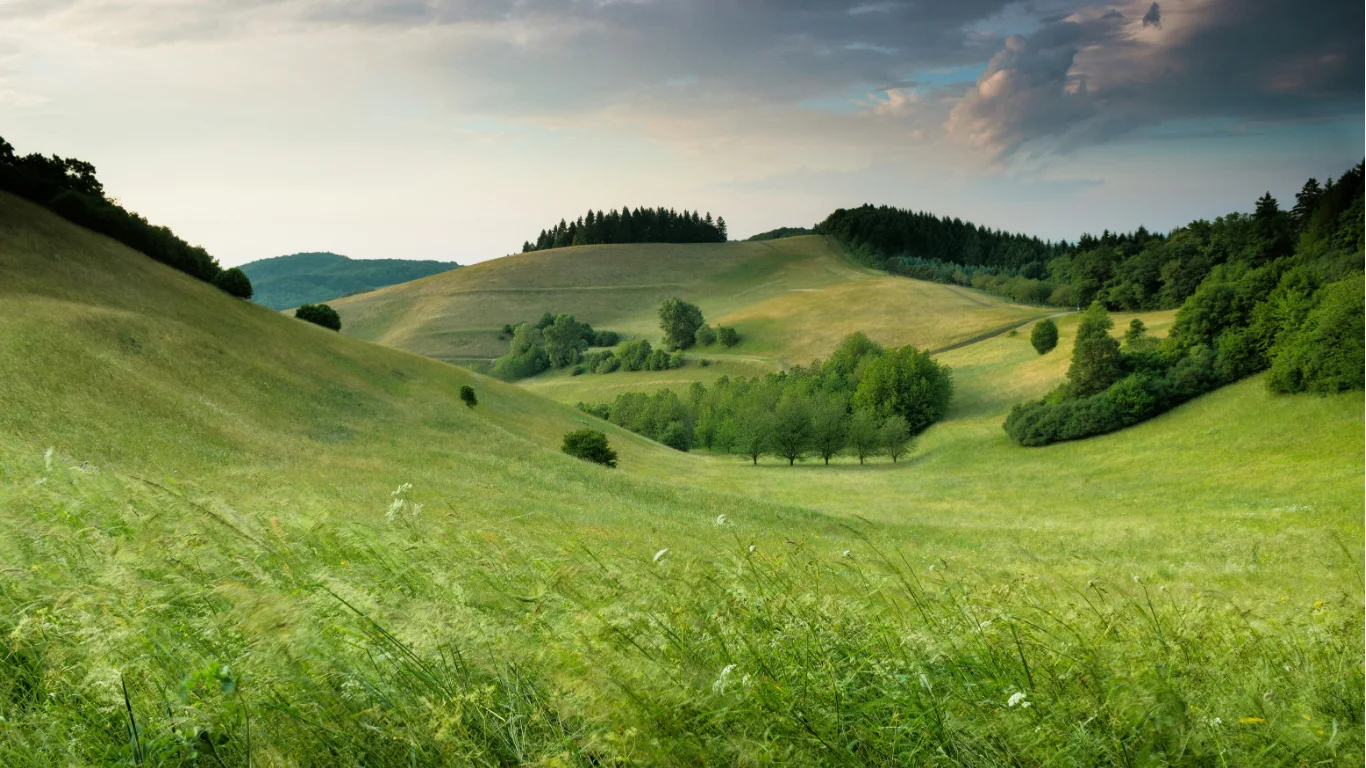Mulch is often praised as a natural way to suppress weeds, but does it really work? In many gardens, mulch prevents weeds by creating barriers that block sunlight and reduce the space available for seeds to germinate. However, its effectiveness depends on factors like depth, material, and whether weeds are already established. In this article, we’ll explore how mulch works as a weed control method, where it excels, its limitations, and how best to use it in your yard.
How Mulch Suppresses Weeds
The main way mulch keeps weeds from coming up is by shading the soil surface. Many weed seeds require light to trigger sprouting; when a layer of mulch blocks that light, germination is reduced. Mulch also forms a physical barrier, making it harder for small weed shoots to push through.
Organic mulches—such as bark chips, straw, leaves, or compost—also help retain soil moisture and moderate temperature, creating conditions less favorable for weed seed growth. Over time, as the organic mulch decomposes, it enriches the soil, which helps your plants compete better against weeds.
Does Bark Mulch Prevent Weeds?
Bark mulch is one of the most common mulches used in landscape beds, and yes — bark mulch can help prevent weeds when applied correctly. Its coarse texture makes it harder for weed stems to penetrate. A thick enough layer (often 2 to 4 inches) provides effective coverage, especially when fresh.
That said, aggressive perennial weeds with deep roots or strong rhizomes may still break through bark mulch layers over time. Also, if the bark is mixed with weed seeds or not deep enough, suppression will be less effective.
Factors That Affect Weed Control by Mulch
Mulch’s weed-preventing power can vary depending on several conditions:
- Depth of mulch layer: Thin mulch (less than 1–2 inches) often fails to block light or the push of weeds. A deeper layer (2 to 3 or more inches) performs better.
- Type of mulch: Dense, coarse bark or wood chips work better than loose materials. Some mulches decompose quickly, losing their barrier effect.
- Existing weeds: If weeds are already present before mulching, those established plants may continue growing. It’s best to clear them first.
- Perennial weeds: Those that spread by roots underground may push through or emerge from beneath the mulch.
- Mulch maintenance: Over time, mulch settles, thins out, or degrades — topping up is needed to keep suppression effective.
Practical Tips for Using Mulch Against Weeds
For the best weed control results with mulch, follow these best practices:
- Remove existing weeds thoroughly before applying mulch.
- Lay mulch thickly and evenly; aim for 2 to 4 inches depth.
- Keep mulch a small distance away from stems and trunks to avoid rot.
- Replenish mulch regularly to maintain barrier effect.
- Use mulches with low weed seed content (avoid raw hay or compost with weed seeds).
- Combine mulching with other weed control methods like occasional hand-pulling or weed barrier layers for tough weeds.
Conclusion
Yes — mulch does prevent weeds, often quite effectively when used well. By blocking sunlight, forming physical barriers, and improving soil health, mulch reduces the ability of weed seeds to germinate and grow. Bark mulch and other materials can suppress many weeds, though very aggressive species may still find a way. With the right depth, maintenance, and complementary weed control, mulch becomes a powerful tool in keeping garden beds cleaner and more manageable.
FAQs
Does mulch totally eliminate weeds?
No, mulch greatly reduces weed pressure but cannot stop all weeds—persistent weeds or those from underground roots may still appear.
How thick should mulch be to prevent weeds?
A layer of about 2 to 4 inches usually offers good suppression; shallower layers are less effective.
Does bark mulch work better than other mulches against weeds?
Bark mulch often works well due to its texture and durability, but other mulches like straw or leaves can also perform well if they’re dense and well maintained.
Will mulch kill existing weeds?
Mulch can smother small, young weeds, but established deep-rooted weeds often survive and may grow through the mulch.
Do I need to renew mulch to keep weeds down?
Yes — over time mulch decomposes or thins out, so refreshing it helps preserve the weed-suppressing effect.







